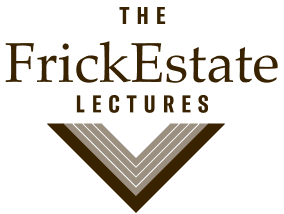SKU:514
514. SOCIAL WELFARE IN AMERICA: THE GREAT SOCIETY
514. SOCIAL WELFARE IN AMERICA: THE GREAT SOCIETY
Couldn't load pickup availability
Willie Hiatt
In a 1964 address to college graduates, President Johnson called for “an end to poverty and racial injustice”—the cornerstones of the Great Society. Unlike the New Deal, which began during the poverty and unemployment of the 1930s, the Great Society’s social legislation emerged within the economic optimism and expansion of the 1960s. The Civil Rights Act of 1964 and the Voting Rights Act of 1965 were viewed as the culmination of the Civil Rights Movement. Despite conservative opposition, subsequent administrations left in place many Great Society social programs, including Medicaid, Medicare, food stamps, and affirmative action, to name just a few. As the second of two stand-alone talks, this lecture explores the history and legacy of the Great Society at an uncertain period for American social legislation.
10:00-12 noon 1 Session
Wednesday, December 3 Fee: $30
ABOUT THE LECTURER
Willie Hiatt, a Kentucky native, is an Associate Professor of History at Long Island University, Post Campus. He’s the author of The Rarified Air of the Modern: Airplanes and Technological Modernity in the Andes (Oxford, 2016). His current research is an oral history project examining how Maoist insurgents in Peru targeted high-tension towers during the Shining Path movement (1980-92).
